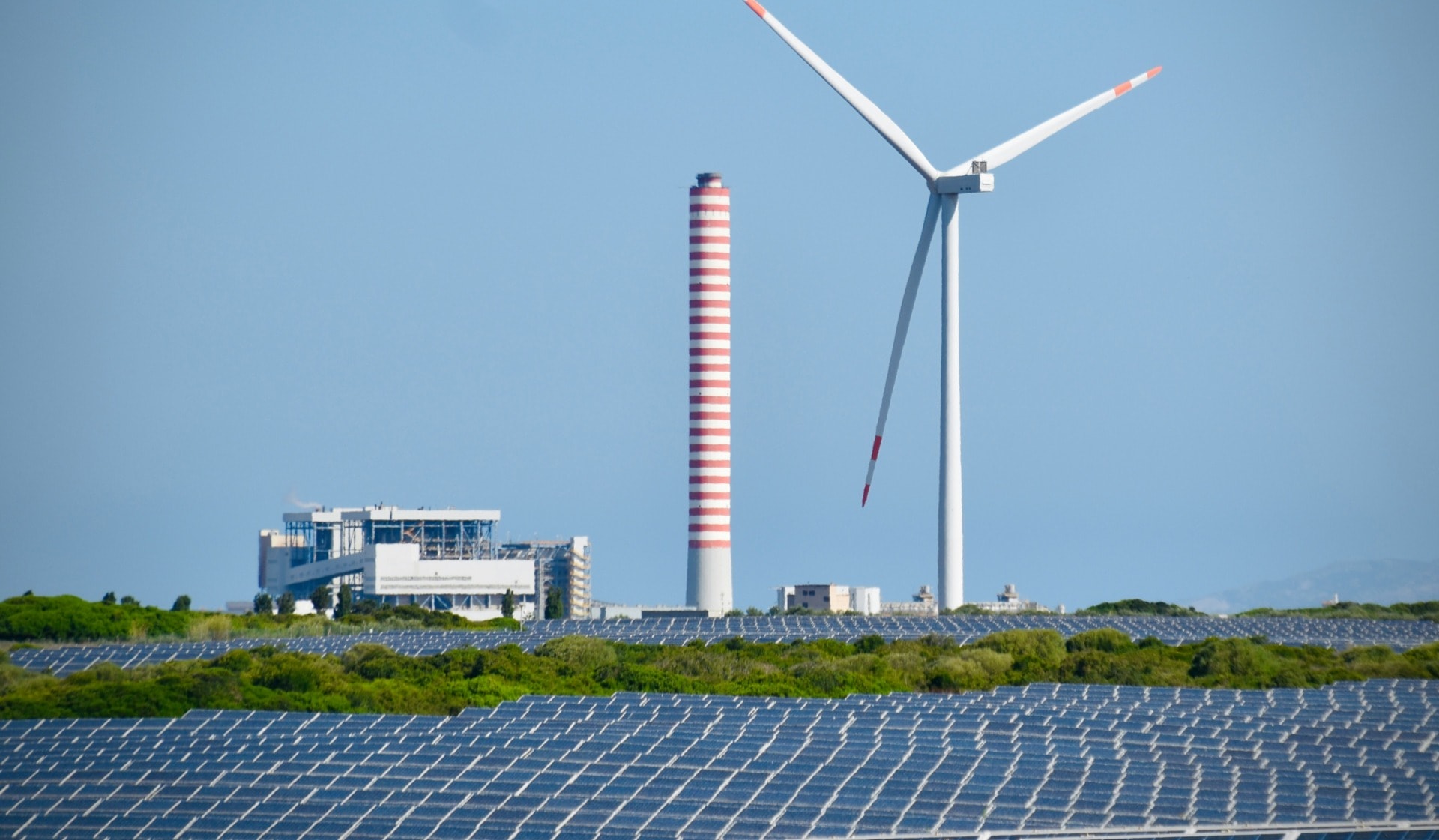For someone who cares about climate change, talking to a denier can feel like you’re talking to a brick wall. You’ve likely heard the numerous climate myths and deflections: “The Earth has always gone through climate cycles.” “If the Earth is warming, why did we have such a long winter?” The list goes on and on.

The gridlock you’re experiencing in person, whether with a prickly relative or an aggressive social media troll, is also being expressed in our political system. The Green New Deal has put climate change in the national spotlight and public consciousness. The scientific evidence for climate change has become practically undeniable. However, climate deniers will continue to deflect and defend their point of view. If any real progress will be made, it’s important to know how to communicate with someone who denies climate change. Here are some tips on how to break the ice and create common ground with a climate denier.

- Don’t talk about the climate
If it feels like you’re not getting anywhere trying to have a conversation about climate, then don’t talk about it. Rather than talking about something that feels intangible, like a two-degree change in temperature or rising sea levels by 2050, talk about extreme weather and the recent natural disasters and events we’re observing. Tropical diseases are spreading, the ocean is acidifying, and groundwater and soil are depleting. Hurricanes, droughts, floods, and forest fires are becoming more frequent, stronger, and costlier, both financially and for the environment.
We have seen more and more extreme weather events all around the world. Beyond the borders of the United States, Japan experienced triple the usual number of typhoons. Additionally, South Africa recorded record drought conditions, and Antarctica had one of its largest melt seasons. Lastly, Europe experienced its warmest year on record. These are undeniable extreme weather events. When talked about in these contexts as opposed to climate change, deniers will be more receptive to your arguments. They may even listen for solutions.
- Connect with pain points
Once you’ve agreed on some of the basic facts surrounding extreme weather, connect these to relatable pain points that a denier might experience. Talking about global impacts can be intimidating, so make it relatable. Everyone has an example of local changes in weather or has experienced a recent natural disaster. Connect it with impacts on their everyday life, both in their work and personal lives.

For example, to connect to a denier who is a parent, look no further than this past summer’s smoke from forest fires. This not only impacted outdoor activities, but forced the cancellation of summer camps, sports events, and even affected business. A denier who wants to ski with their grandchild may notice that they cannot due to the lack of snowpack. Find these pain-points for a moment of connection and realization.

- Propose financial solutions that happen to be environmental
Offer solutions that are not just environmental, but that are also positive towards the pocketbook as well.
For example, if they are someone who hates taxes and government regulation, talk to them about some of these proactive environmental initiatives. Forest management plans, smart tree harvesting, and similar initiatives will lessen the extent of major forest fires, thus keeping the tax payer cost of fighting these fires lower.
Moreover, instead of allowing clearcutting, which can lead to landslides and eventual erosion, a smart harvesting, proactive forest management plan means renewable jobs for blue-collar workers. Reduced landslides means lowered use of taxpayer funds devoted to cleanup rebuilding.
Emphasize that you are just as concerned about the economy and growth, and show how these small tweaks can ensure a future of prosperity. There is a win-win present if you take the time to find common ground.














